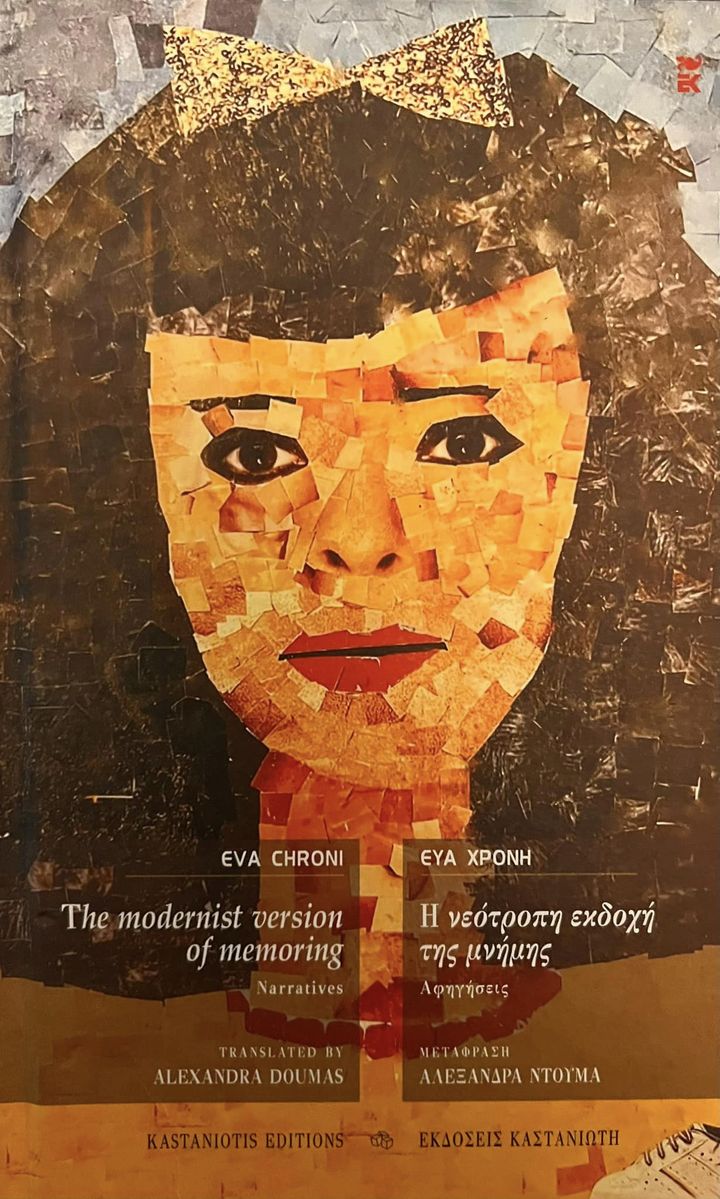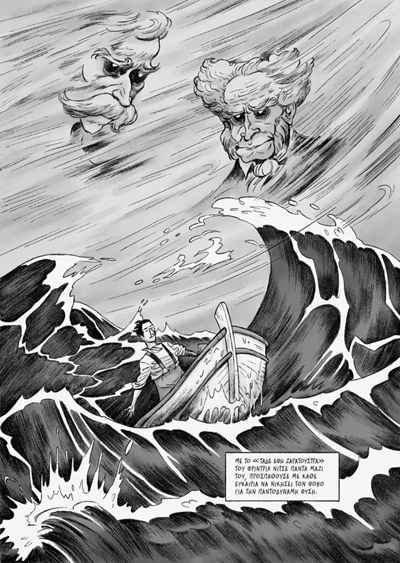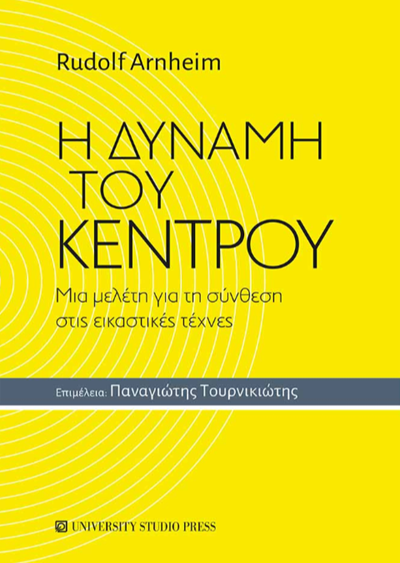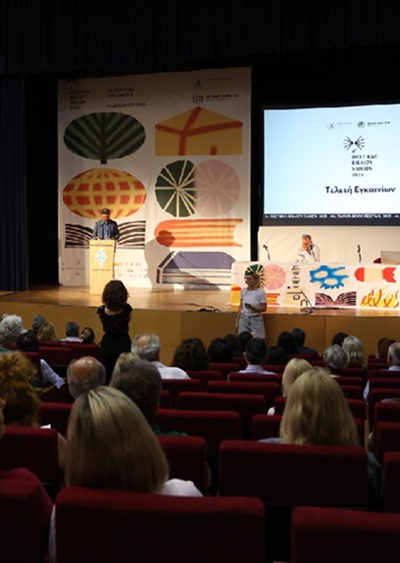
Title: The modernist version of memoring
Author: Eva Chroni
Publishing House: Kastaniotis Editions
Subject: Poetry
Languages: Greek/ English (translated by Alexandra Doumas)
Pages: 141
The radical magic in the arts is the innovative transgression of old rules and the discovery of new avenues of emotional expression. The rush with which the poet Eva Chroni penetrates with a powerful, highly personal discourse into the weaving of verses and situations, lends an innovative, contemporary dimension to prosaic poetry.
Each narrative ‘episode’ is infused with the flame of discovery, conflict, empathy, opening new avenues of poetic verse with a democratic vision.
As she states in the author’s introduction to the collection of narratives with the multidimensionally meaningful title “The modernist version of memoring”, “What I aim is that, by reading them, we may all become better observers, we may all be able to transform each narrative, to give voice to those who are hidden and, above all, to listen.”
The act of telling poetic stories is for the author the result of a noble observation of everyday life, of the city, of history, of tradition and of emotion. And the honest, interdisciplinary observation of reality, in conjunction with boldness and provocatively emotional dialectics become the “modernist version of memoring”, with the reader’s subjective memory as the hero.
Some poems in the collection seem like modern haiku to the Hereafter and to knowledge. “All were potential heroes. They were seeing things that they couldn’t say. The trumpeter saved them, by making the start.” (p.30)
The numbering of the poems starts from 0 instead of number 1 and it’s a delusional confession that captures personal concerns with unabashed honesty: “I sit quietly with what exists around me and within me, with the uncertainty and the doubt that overwhelms my own experience as a human being.” (p.12)
All the poems are reduced to a personal journey, not exclusively of the author, but of the subjectivity of the poetic text. The conceptual opening between the verses becomes an amalgamation of experiences, a jumble of expectations, a deposit of concerns with humanistic values with which modern man identifies.
We in the city, we in the passage of history – with the scariness and challenges of the author as a guide.
In Eva Chronis’ poems, the protagonist is reality. As contemporary walkers, we pass mentally through a window with French costumes, we are transported to the Crete of the Venetian conquerors, in the tavern we listen to rebetika by Skarpeli and Rita Abatzi. Elsewhere we meet Karagiozis and the journalist and novelist, Edmundo Abu, who gives us his own literary Greece. And the gods of Chile’s Pemon meet in an imaginary historical moment with the gods of Olympus.
With a deep love for history and tradition, in a very comprehensive poetic form, ambiguous narratives, the ancient Greece of the Ionians, coexists with the historical mahallas of the Athens in the 1930s, and rebetika with the modern urban metropolis of Athens. In the poetic space-time of memory, realism intertwines with abstraction and fragmentary discourse. Melodies, music, folklore and ethnicity emerge through lyricism, the “crescendos”, pauses and chords of poetic writing.
The humanist face of the collection reveals a contemplative reflection and inner concern about human existence, love, the child as well as the position -now- of women in society and the dangerous social attitudes.
Surprisingly courageous: “The experiences I’ve gathered. And now I am carrying on and moving ahead. I’m not taking you with me. I was waiting so long but you never appeared, and indeed for ridiculous reasons. Now I no longer want you. In any case, we exist in what we have lived” (p. 46)
In the plot of many of the poems, the path towards hope, will and daring is evident: “Two children interlocked their arms and nodded to their friend if he’d like to sit on them. It was Sunday. And so they went for a long walk. Their friend had no legs.” (p. 38)
With the feeling of a modern automatic surrealist writing, through traces of love for music – due to the author’s long career as a producer, radio producer – and for painting through her inner lyricism, we also witness social criticism. The combination within the poetic text is particularly provocative. The social critique becomes a call for communication with references to Socrates’ dialectic. “Come to the dialogue and you will be revealed.” (p.56)
The poetic context of Eva Chroni looks at the ” present day ” through the timelessness and eternity of existence, with a particularly romantic discourse it speaks of “injections of oblivion”. And with a Doric style he combines temporal harmonies: “For those who haven’t hear from me for a while, greeting from the past, the present and the future” (p.128)
A new spacetime is hers. As a descendant of the important Greek poet Vangelis Chronis, she has known from an early age the power and acoustic nature of poetic language through bold expression and personal semiotics. And he dares to sculpt the energy of writing through signs of personal spelling, poetic sounds, phonemes, syllables.
Chroni’s structured, staccato poetic speech is intense, critical, confessional, fair. An allusive detail of the structured discourse is also strongly evident in the image of the book’s cover, a self-portrait of small structural collage pieces, which she made at the age of 11, incorporating into the work references to cubism, which she was already familiar with.
Like the sound of a baglamas, or an oud, we receive each poem. For the arts coexist and intertwine. In the modernist version of memoring.







Leave A Comment